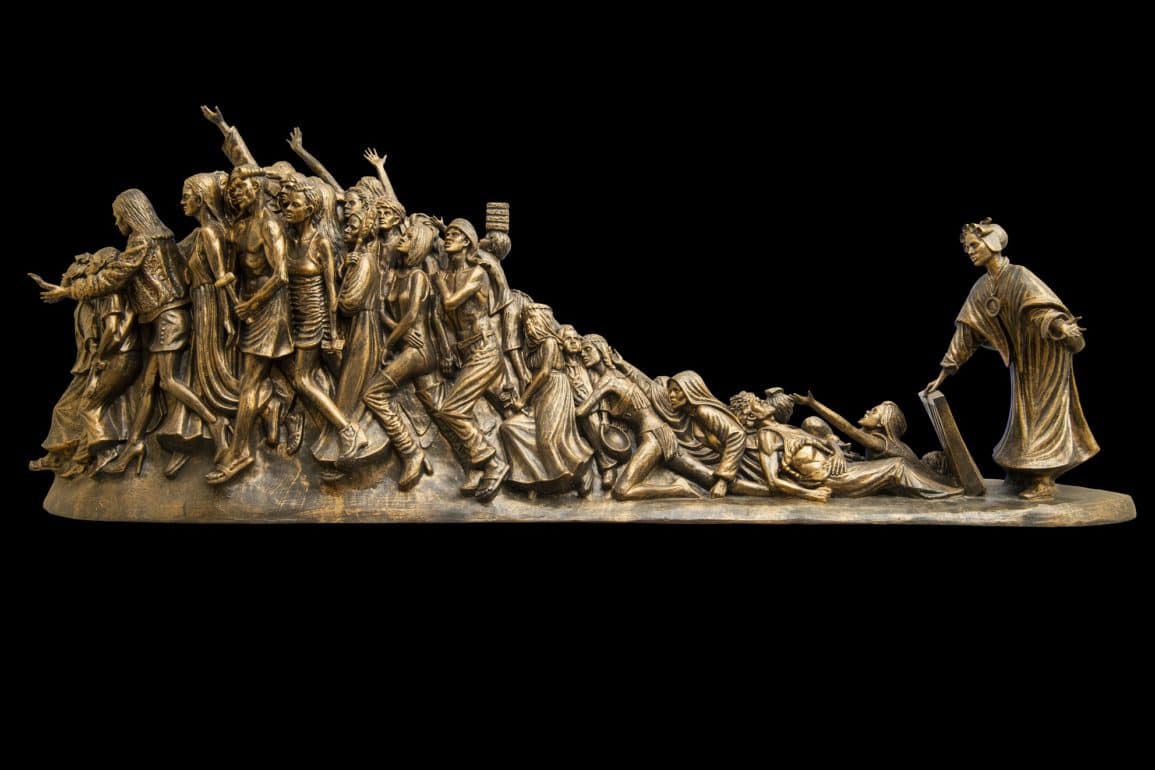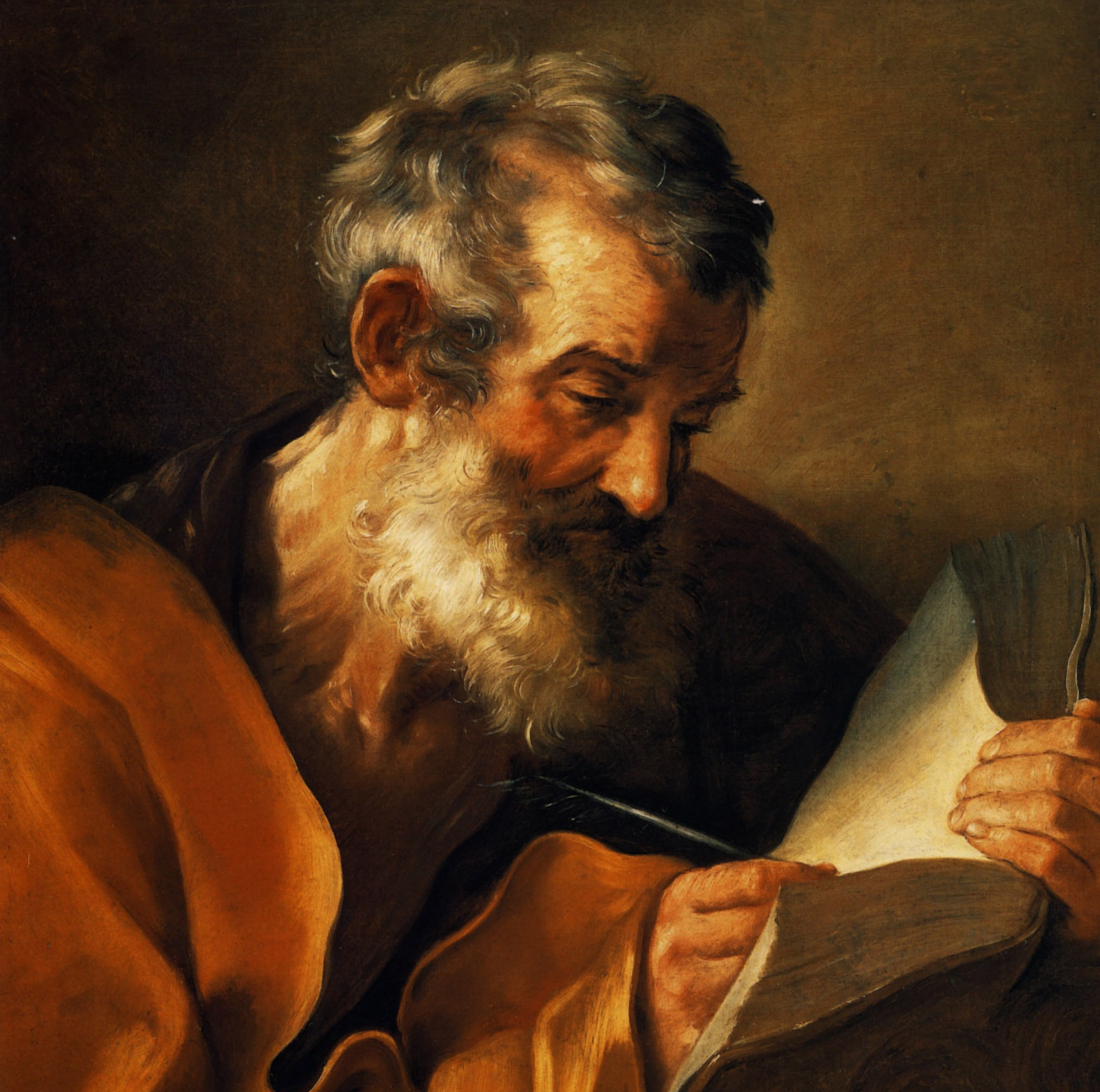“The power of care. Women, economy and human trafficking” is the theme of the eighth International Day of Prayer and Awareness Against Human Trafficking that will take place on Tuesday, 8th February.
On the liturgical memory feast of Saint Bakhita, the universal symbol of the Church’s commitment against human trafficking, all those committed to fighting this phenomenon will join in an online prayer marathon from 9.00 to 17.00 (CET). Moving across different time zones, the marathon will start in Oceania, Asia, and the Middle East, then move on to Africa, Europe, South America and finish in North America. It will be live-streamed in five languages (French, English, Italian, Portuguese and Spanish) on the event’s website www.preghieracontrotratta.org
Participants will come from over 30 countries from all continents. There will be representatives from religious institutions, but also survivors, activists, volunteers, economists, and entrepreneurs.
The day will include a message from Pope Francis who first introduced the International Day of Prayer and Awareness, in 2015.
Prior to the event, on Sunday, 6th February, the appointment will be at the Angelus Prayer with the Holy Father in St. Peter’s Square, where there will also be the statue of St. Bakhita by artist Timothy Schmaltz “Let the oppressed go free”. The artwork is dedicated to the victims of trafficking and to all women, particularly the nuns committed to their liberation.
The event has been coordinated by Talitha Kum, the international anti-trafficking network of over 3000 nuns, friends and partners, and is being promoted by the International Union of Superiors General, in partnership with the Migrants and Refugees Section of the Dicastery for the Integral Human Development Service, Caritas Internationalis, the World Union of Catholic Women’s Organisations, the Focolare Movement, the Jesuit Refugee Service and many other organizations around the world.
This year the committee has decided to focus on the power of care and women.
According to data from the United Nations, women and girls account for 72 percent of the identified victims of trafficking; two-thirds of the world’s illiterate population are women; the employment rate, – between the ages of 25 and 54 – is 90 percent for men and just under two-thirds for women and 30 percent of young women are not in education, employment or attending vocational training.
These are just some of the indicators of the inequality and injustice experienced by women in our societies, a condition of vulnerability that exposes them to greater risk of violence, trafficking, and exploitation.
Women should not be considered victims, but agents of change. It is therefore necessary to transform the current socio-economic model that is the basis of trafficking, urgently creating an economy of care for people and the common home.
“The pandemic has caused an increase in trafficking, has heightened the vulnerability of those most at risk and has led to a rise in gender inequality. All this must be faced with courage. We women, as a result, must take on a leading role in promoting a new economic model based on the power of care. This day provides an opportunity to reflect on the causes of trafficking and to identify possible paths to a solution. The violence caused by exploitation can be transformed with gestures of care and solidarity. We are all called to care about the dignity of each person”. Sister Gabriella Bottani, Event Coordinator.










